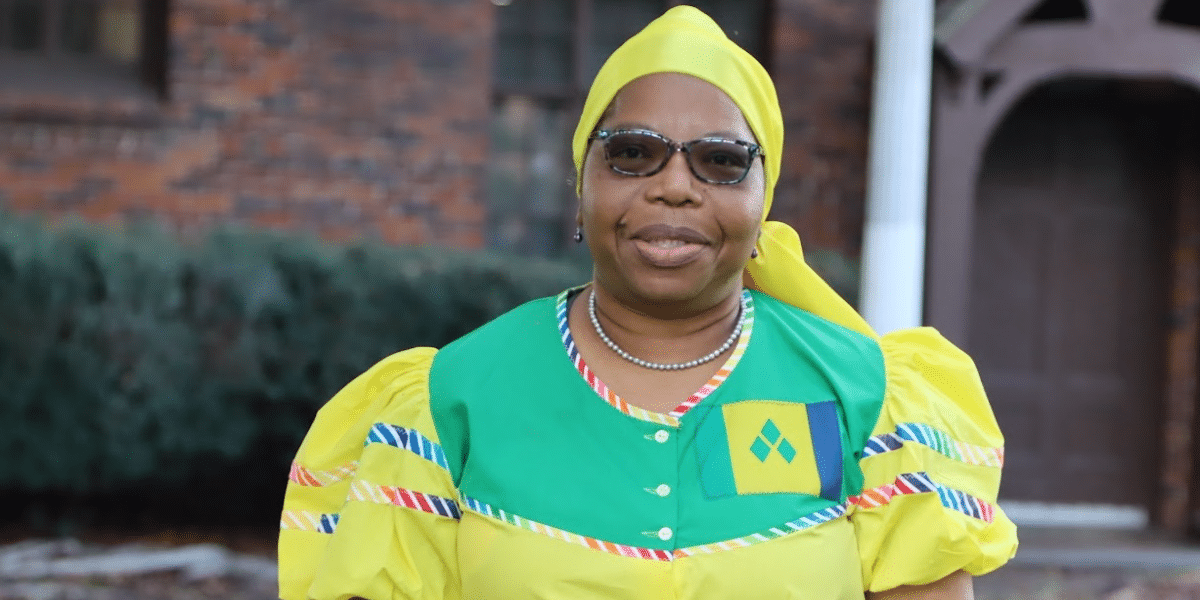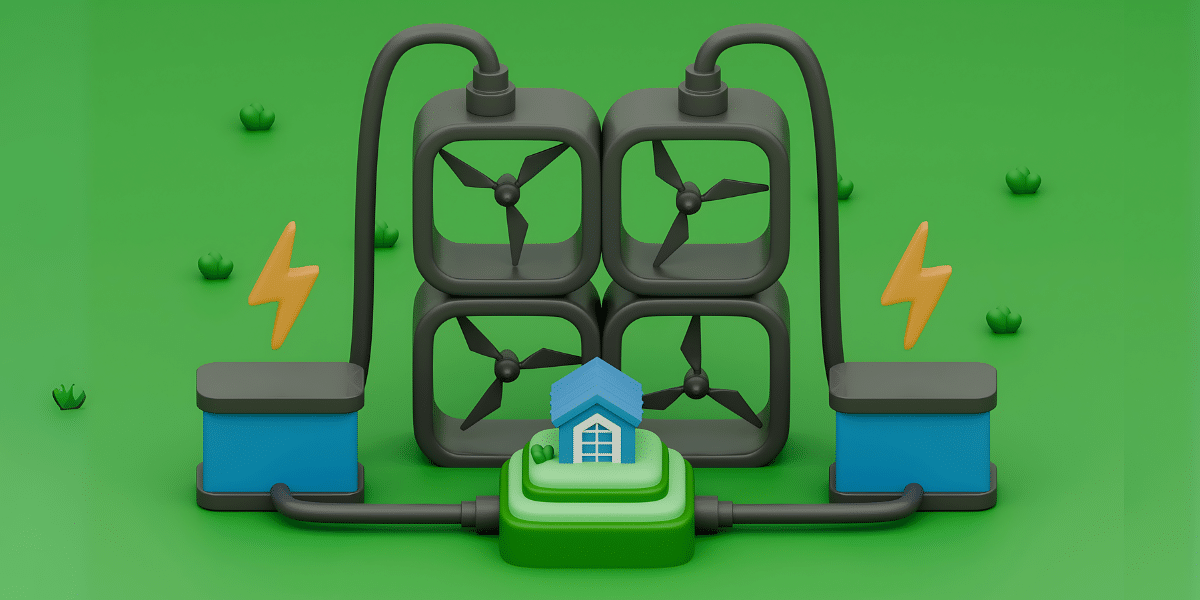We all know the image – the gleaming skyscrapers of a financial district, bustling with sharply dressed professionals. This is often the picture that comes to mind when we think about the economy’s driving force. But the truth is, the symphony of a healthy economy isn’t conducted solely by those in boardrooms.
The foundation of a strong economic system is built not just in high-rises, but on factory floors, construction sites, and across countless other blue-collar workplaces. So, why do blue-collar workers deserve more recognition and appreciation? Let’s delve into the often-undervalued world of skilled trades.
The Hands that Build Our World: The Vital Role of Blue-Collar Skills
Imagine a world without blue-collar workers. Our cities would be paralyzed. Electricity wouldn’t flow, houses wouldn’t get built, and even the most basic necessities – from clean water to functioning transportation systems – would become luxuries. These skilled professionals are the ones who translate blueprints into buildings, maintain vital infrastructure, and keep the wheels of industry turning.
As a recent article in The Wall Street Journal put it, “A thriving economy hinges on a robust ecosystem of skilled blue-collar workers across various trades.”
From electricians keeping our hospitals powered to plumbers ensuring clean water in our homes, blue-collar workers provide essential services that underpin our daily lives. They are the invisible engineers of our existence, the ones who ensure our communities function smoothly and efficiently, often behind the scenes.
Beyond the Stereotypes: The Skills Gap and the Rise of Tech-Savvy Tradespeople
The perception of blue-collar jobs often gets stuck in outdated stereotypes – manual labor requiring only physical strength. However, the reality is far more nuanced. Today’s blue-collar professions demand a high level of technical skill, critical thinking, and problem-solving abilities. Many trades involve working with complex machinery, utilizing advanced tools and software, and staying up-to-date on the latest technologies.
Think about the blue-collar worker of the future. They might be a wind turbine technician, scaling massive structures to maintain renewable energy sources. Or perhaps they’re a welder who utilizes robotics and laser cutting equipment to fabricate intricate metal components for cutting-edge technologies.
The rise of automation and tech integration in blue-collar fields highlights the need for a skilled workforce that can adapt and thrive in this evolving landscape. These are no longer just grease-stained overalls and hard hats; these are tech-savvy professionals at the forefront of innovation in their respective fields.
Investing in the Future: Bridging the Gap and Building a Culture of Respect
There’s a growing concern about a widening skills gap in blue-collar professions. As an increasing number of baby boomers retire, there aren’t enough qualified young people entering the skilled trades workforce. This shortage threatens the future of essential services and infrastructure development.
A recent article in The Atlantic warns, “If we don’t invest in training and create clear pathways for young people to enter skilled trades, we risk jeopardizing the very foundation of our economy and way of life.” So, how can we bridge this gap? Investing in vocational training programs, promoting apprenticeships that combine classroom learning with on-the-job experience, and highlighting the rewarding career paths available in blue-collar fields are crucial steps.
But it’s not just about training. We also need to foster a culture of respect that values all forms of work. Highlighting the blue-collar contribution to society and showcasing the sense of accomplishment and pride that comes with skilled craftsmanship can inspire future generations to consider these essential career paths.
Building a Balanced Economy: Recognizing the Value of All Work
In conclusion, blue-collar workers are the invisible engineers of our lives, not an afterthought. They provide essential services, possess valuable and evolving skillsets, and deserve recognition and appreciation. By investing in skilled trades training, promoting apprenticeships, and fostering a culture that values all forms of work, we can build a stronger, more resilient economy for the future.
The next time you see a construction worker high atop a building, a welder crafting a vital component, or a plumber fixing a leaky faucet, remember – these are the blue-collar heroes who keep our world running smoothly, one skilled job at a time. They are the backbone of a healthy economy, and it’s time we recognize them as such.






